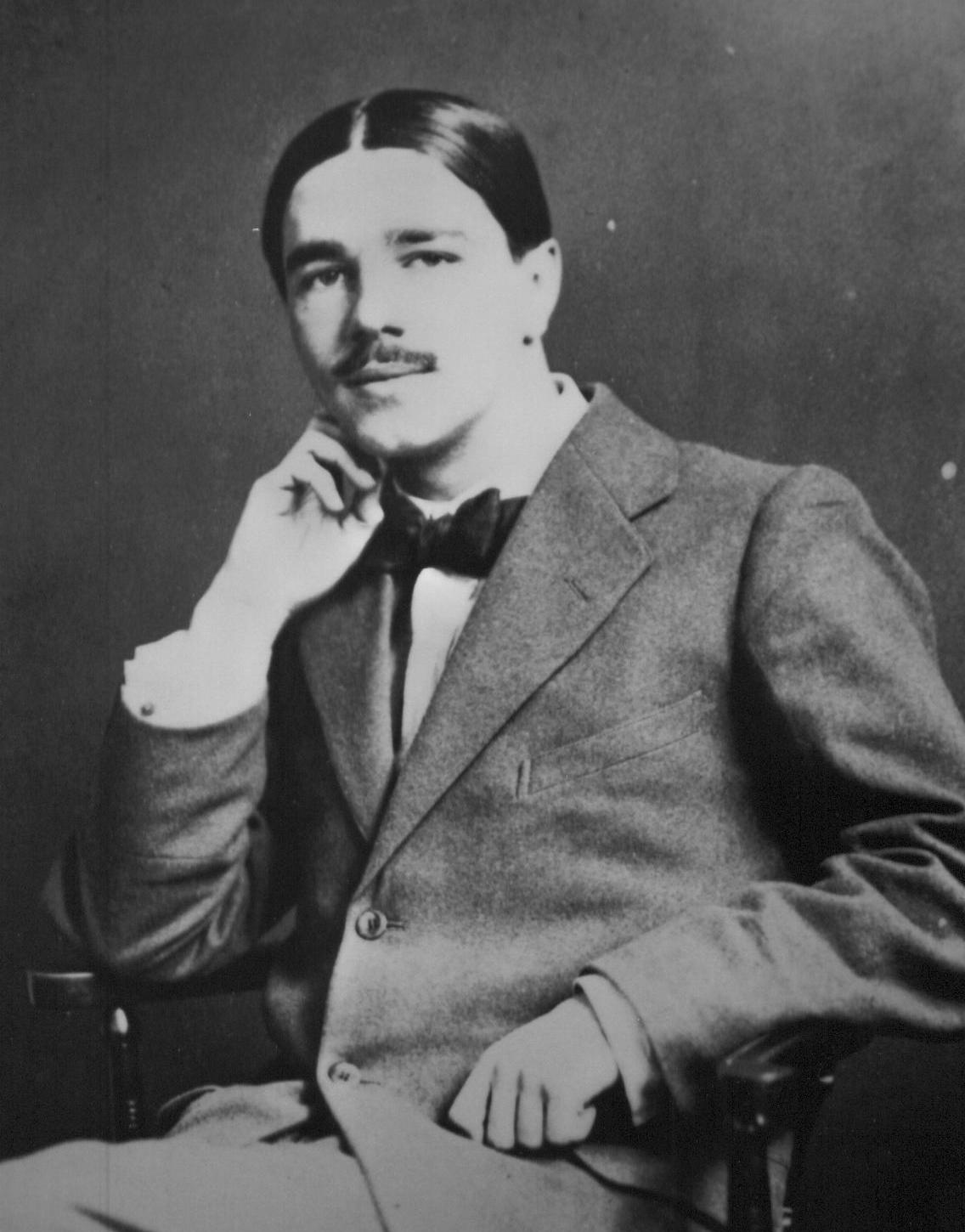Wilfred Owen was a British poet born on March 18 1893 in Shropshire, England. As a young boy Owen took a real interest in poetry being an admirer of John Keats, and how he vividly described things in his writing. Owen started writing his own poems at the age of 17. When Owen was 18 he failed to get into universities in London and Reading due to the fact he could not afford to live away from home. Eventually he moved to France for two years to teach at the Berlitz School of Languages in Bordeaux for a year.
He spent the second year tutoring two kids from a Catholic family where he met Laurent Talihade who influenced is writing. In September 1915 Owen returned to England not sure whether he should enlist in the army. Eventually, he decided to enlist in October to the army.
Owen did not fight in the war until January 1917 when he was sent to France to fight on the front lines. Within the first few months he was fighting, and he saw some truly horrifying things in that time. One of the poems called "The Sentry" is based off a time where he was in a trench with his men. A German shell exploded in the trench and the shrapnel caused one of his men to go blind. He also suffered from a concussion after he fell into a fifteen feet deep hole looking for one of his men. After he experienced frequent headaches, Owen thought they were a result from the concussion. In May 1917 he was sent to Craiglockhart War hospital in Edinburgh, Scotland and was diagnosed with shell shock. It was there where he met Siegfried Sassoon, he was a another poet Owen admired. Owen was encouraged by Sassoon and his doctor to write, and he wrote most of the poems he is known for while at the hospital with the help of Sassoon. He wrote about his experiences in the war in "Dulce et Decorum Est" ,"The Sentry" and "Anthem for Doomed Youth" He used his experiences to help the reader understand what he and many other soldiers were going through in the war. In June 1918 he was sent back to his regiment and in August of 1918 he was sent back to France to rejoin the war effort.
In October of 1918 Owen helped break the Hindenburg Line the last line of German defense which he received a military cross for bravery. But on November 4th 1918 he was killed in battle crossing the Sambre-Oise Canal by a German machine gun. His parents received the news November 11th the day the war ended. Only five of his poems were published while he was alive, but in 1920 Siegfried Sassoon edited and published Owen's best work. It wasn't until the 1960's was he truly recognized for his work.



No comments:
Post a Comment